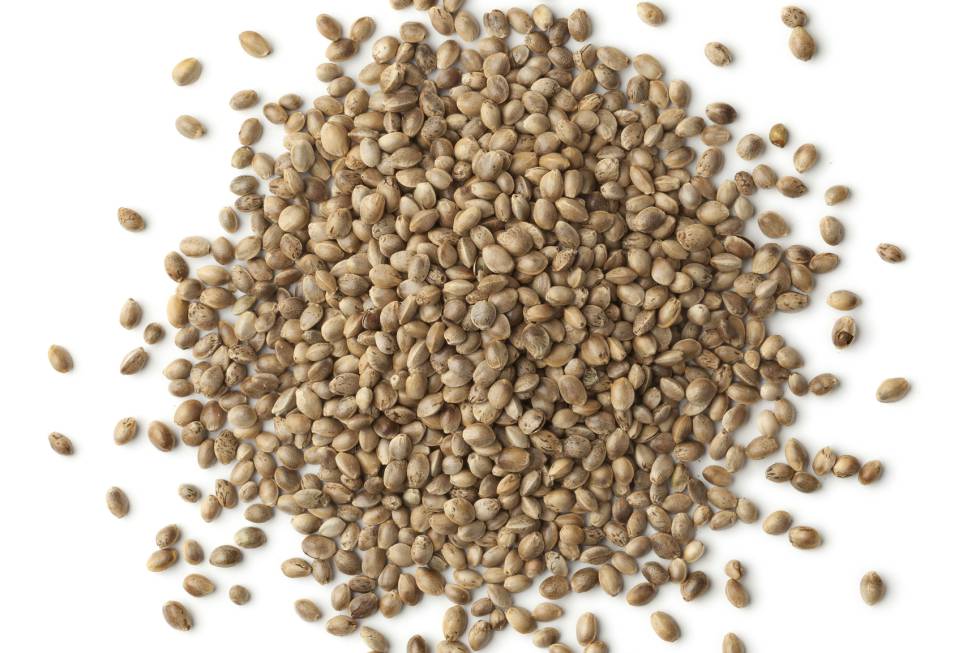Kombucha tea, spelled, goji berries or coconut oil are products that can be found in many supermarkets and that have been referred to on many occasions as superfoods. Jara perez (Madrid, 40 years old), scientist of the Institute of Science and Technology of Food and Nutrition (ICTAN-CSIC) defines them as “foods, generally with exotic origins, that are not usually consumed traditionally and to which great health properties are attributed. It seems that regardless of how the diet of the person as a whole is going to improve just by incorporating them ”. However, the researcher insists that there is not even a scientific or legal description and that the lack of a unanimous definition is not due to discrepancies, but rather because this term is not considered in the scientific world. This theme has been the protagonist of one of the latest books in the collection What do we know about? (CSIC-Catarata) in which Pérez addresses the nutritional and scientific basis of these products and the effects, in the worst negative cases, of consuming these foods without knowledge.
The term of superfood It arose, as Pérez recalls, about 10 or 15 years ago, but as a concept it has been known for much longer. Royal jelly, honey or apple cider vinegar are some of these products that have long been promoted and whose properties many people blindly trusted. But the researcher recalls that the key to the issue is the diet as a whole, and that no single food provides all the necessary nutrients: “It is useless to add a tablespoon of chia seeds or the latest infusion in fashion if the diet it is unhealthy ”. In this way, the scientist does not encourage people to stop taking these products, but rather to take into account that adding this product to the diet is not going to be “a miraculous thing.” Another issue to take into account when taking these products is having knowledge of their properties to know the amounts that can be ingested of them. An example of the importance of knowing this would be that of algae, which are characterized by their iodine content, which, in large quantities, can be harmful.
Another very important aspect to understand everything that surrounds the superfoods it is the social context. The researcher explains it through coconut oil: “Who promotes it [los superalimentos] speaks of certain populations that consume a lot of coconut oil and have very low cholesterol. These are populations with basically vegetarian diets where they consume very little saturated fat. In context, it makes sense for them to take it because it gives them the saturated fat we need. They don’t have low cholesterol from coconut oil, they have it from their diet ”.
Belief in the unconscionable benefits of these products can have consequences. At best, the scientist explains, it means not understanding how nutrition works. But, at certain times, it can pose a risk to the population, especially in highly concentrated products. “There have been alerts in food agencies with highly concentrated products, such as dried products, where suddenly there are very high concentrations of certain nutrients that we would not reach with food as such, but that in these dried ones we can reach and that can be a risk for health ”, he specifies. This can lead to liver damage, intestinal obstruction, or kidney stone formation. A very high consumption of green-type vegetables, such as spinach or chard, can cause the latter, due to one of the nutrients it contains, oxalic acid, which if it binds to calcium can cause kidney stones. However, for this to happen, a large amount must be eaten raw and when cooking them, part of this compound is eliminated, according to Pérez. “There is a problem when they are eaten raw and in smoothies because you can be taking half a kilo of spinach that you would never eat on a plate, but in a smoothie you can. They are the detox shakes that, suddenly, end up intoxicating you ”, he explains.
The causes
One of the main causes of this belief in superfoods It is the lack of knowledge, especially of the scientific method, simplifies. “People lack the ability to discern that research has its stages. On nutrition in general, obviously, not everyone is going to be an expert, but I think that the basic notions that you should have are not shared by most people ”. For this reason, Pérez is committed to greater nutritional education at all levels and more information for the consumer. “There are many gaps in healthy eating. There is a role to be played by public health agencies. If I know that salt is a product to be restricted, I don’t care if you sell Himalayan salt, because I know that I have to take little salt ”, he points out.
“The food industry gets on the bandwagon when something is successful,” says the scientist. Social networks have also echoed these superfoods and the influence that people who are dedicated to these platforms on the internet can generate contribute to the message. “They can give the idea that in the end a healthy diet involves very rare and generally expensive foods. We can follow a healthy diet with perfectly affordable foods and let no one think that if they cannot buy these kinds of expensive products they will not be able to follow a healthy diet ”. The book shows a comparison of two shopping lists – one made up of superfoods and another with more common products – to consume 30 grams of fiber in a day. The only difference is the price: the first list was worth 4.5 euros more.
You can follow MATTER in Facebook, Twitter e Instagram, or sign up here to receive our weekly newsletter.
elpais.com
Eddie is an Australian news reporter with over 9 years in the industry and has published on Forbes and tech crunch.
